Cultural Festivals in South America: Rhythm, Ritual, and Community
A Continent in Celebration: The Heartbeat of South American Festivals
Living Traditions, Not Museum Pieces
In South America, festivals are evolving conversations between elders and youth, artisans and dancers, saints and stories. They adapt each year—new colors, remixed rhythms—yet guard ancestral roots, making every parade a lesson in continuity and creative courage. What tradition would you carry forward?
Music as Memory and Map
Samba’s surdo drums echo Rio’s hills, cumbia ripples along Colombia’s Magdalena, and the bombo legüero keeps Argentina’s folk pulse steady. These sounds guide crowds like landmarks, turning city blocks into stages. Follow the beat, and you will rarely lose your way—or your smile.
Your Story Belongs Here
Tell us about your first festival moment: the scent of street food, a costume’s shimmer, or a chorus learned on the fly. Comment below, invite a friend, and subscribe to share your photos and tips with travelers seeking authentic cultural connections across South America.
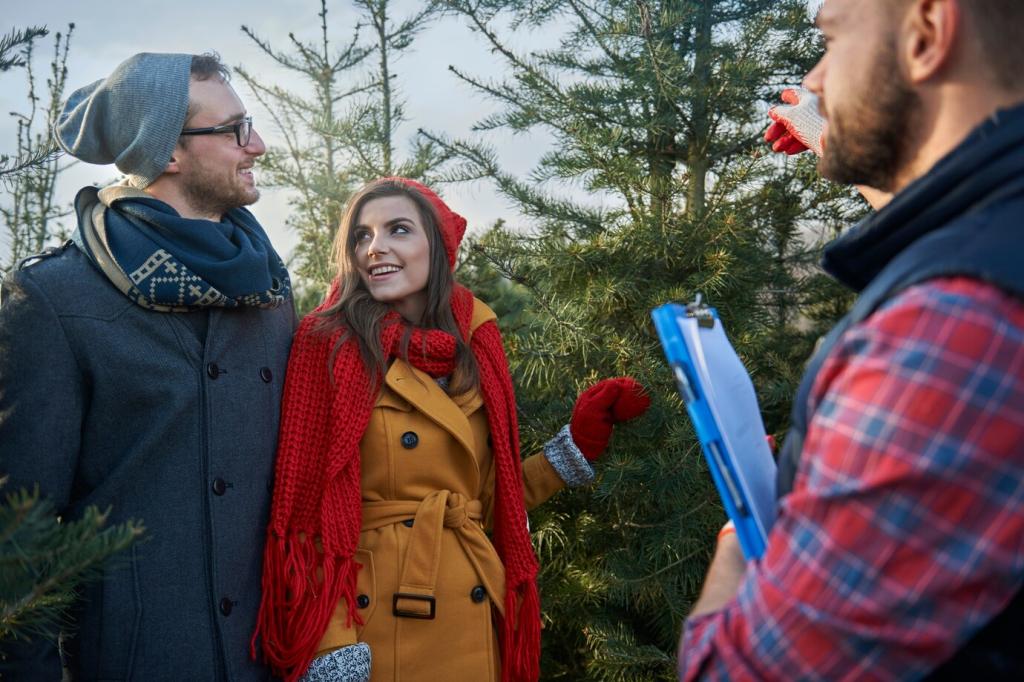
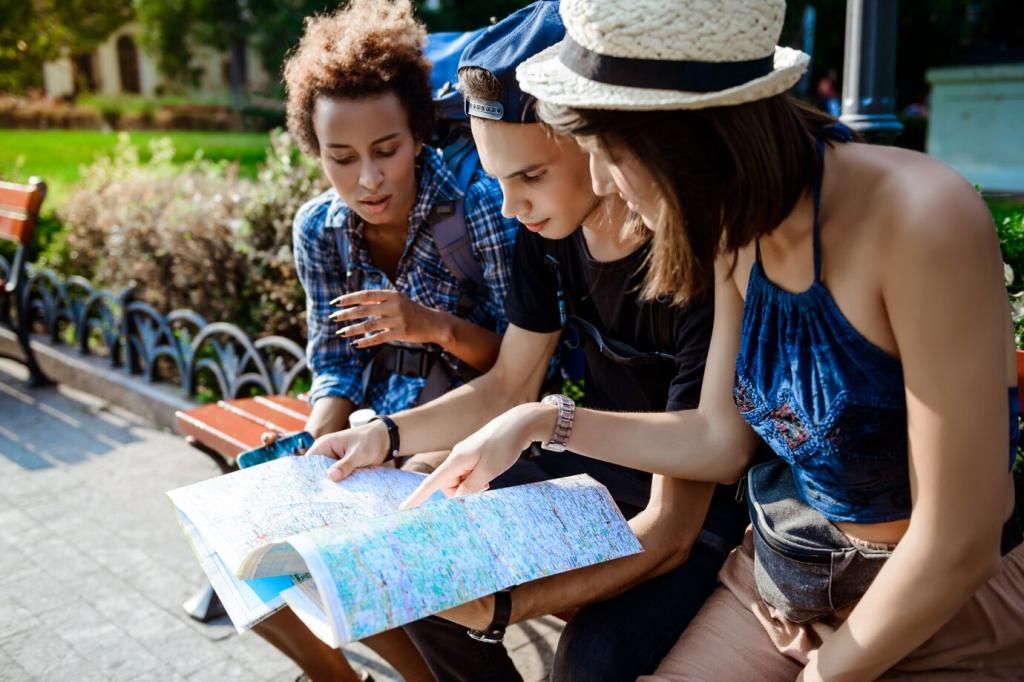
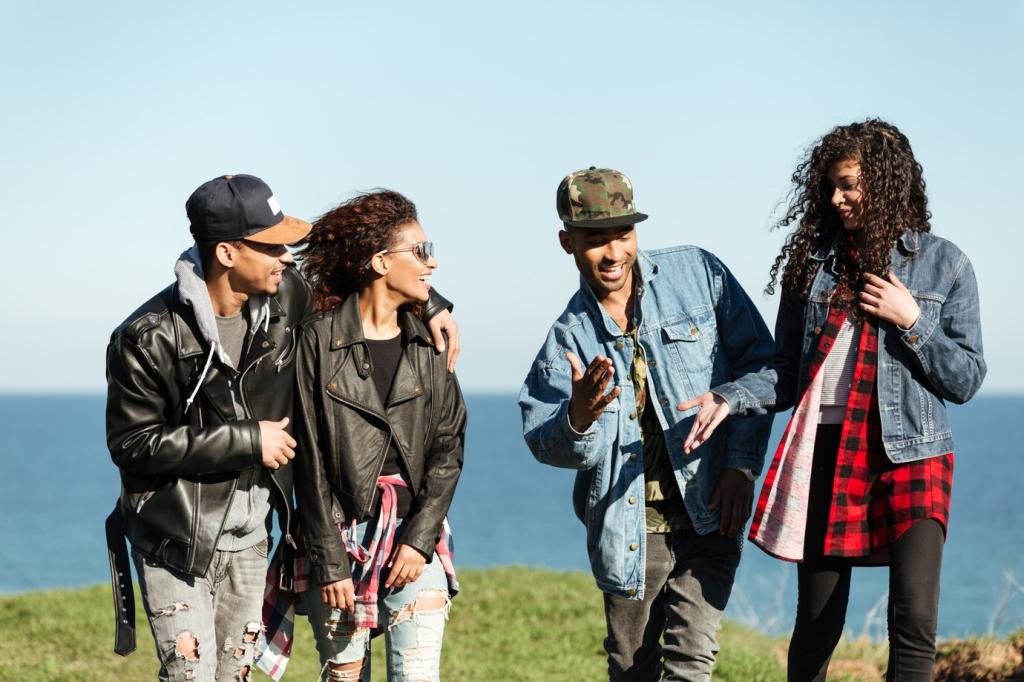
Sacred and Syncretic: Faith at the Heart of Festivity
Reimagined in the 20th century, Inti Raymi honors the Inca sun with solemn processions and radiant textiles. Drums answer stone walls as performers reenact imperial rites. Considering June travel? Comment with your dates, and we’ll send a practical, respectful viewing checklist.
Sacred and Syncretic: Faith at the Heart of Festivity
Pilgrims climb toward glaciated peaks near Cusco as dancers, musicians, and ukukus—mythic bear guardians—weave prayer with endurance. The night sky becomes a cathedral, and steps become offerings. Planning a pilgrimage? Subscribe for altitude tips and cultural etiquette from local guides.
Taste the Celebration: Food and Drink That Tell the Story
Skewers of anticuchos sizzle beside plazas while arepas cradle cheese, eggs, or shredded beef on carnival corners. A vendor in La Paz once swapped recipes for a smile and a song. Drop your favorite festival snack in the comments so we can map regional bites together.
Taste the Celebration: Food and Drink That Tell the Story
Powdered-sugar alfajores melt between dances, while Ecuador’s quimbolitos—steamed cakes in leaves—comfort chilly parade nights. In Brazil, coconut sweets appear like confetti. Have a family dessert tradition tied to a procession? Share the story; we may publish your recipe in our next roundup.
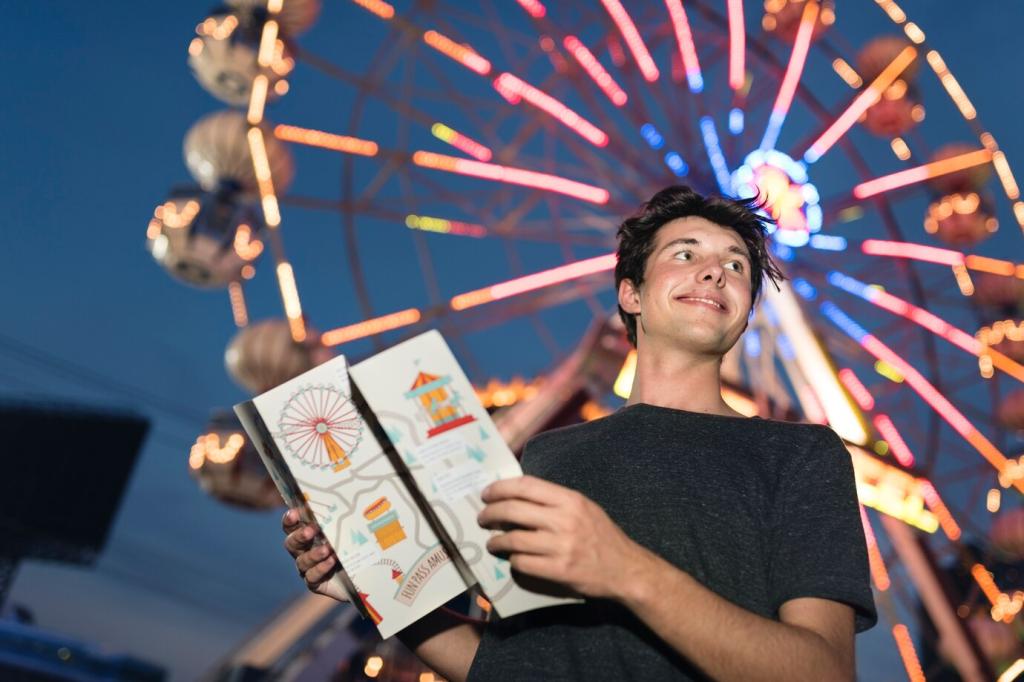
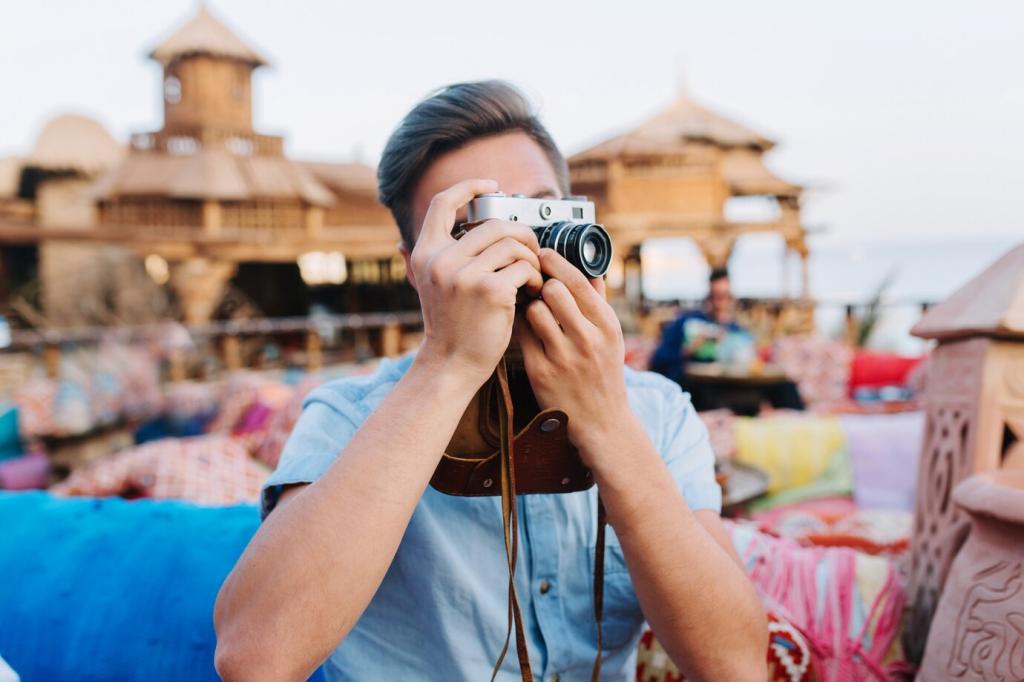
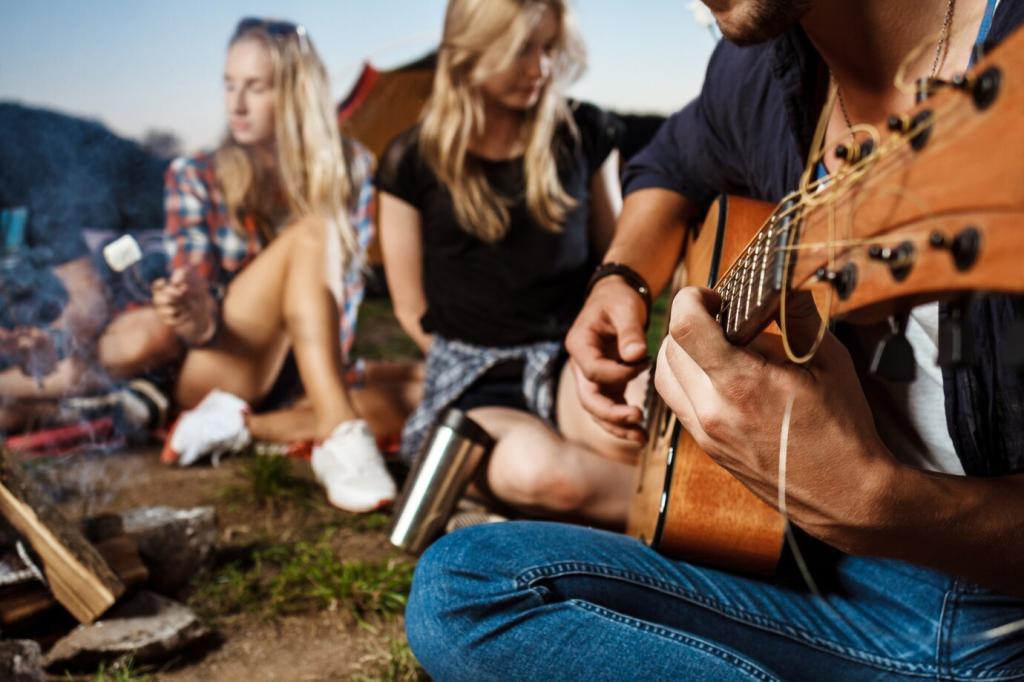
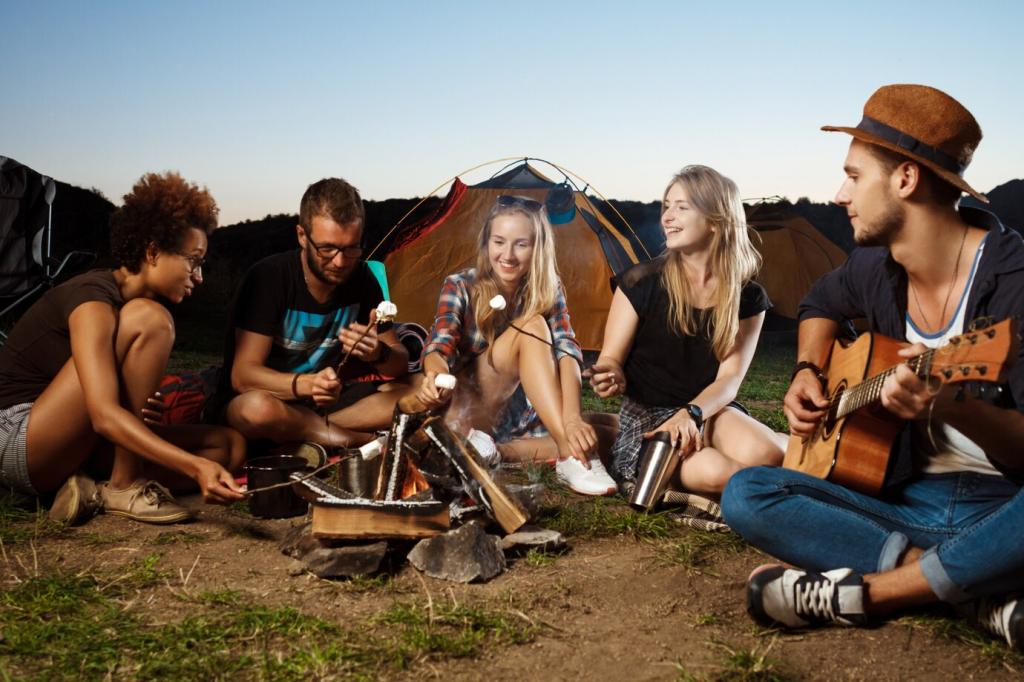
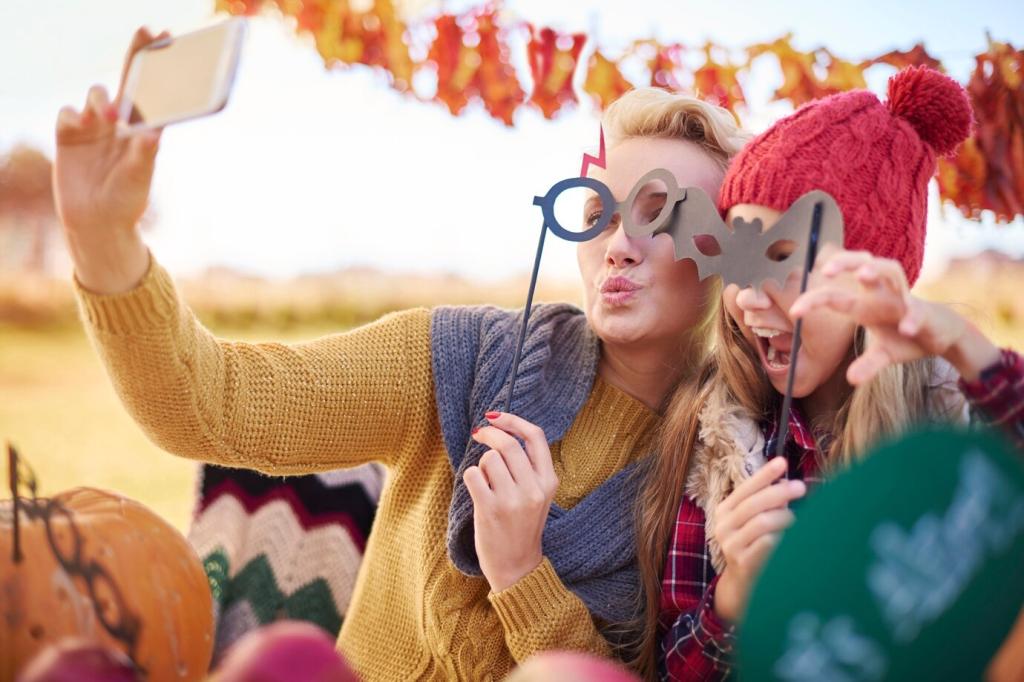
Travel Smart, Travel Kind: Your Festival Toolkit
Timing and Tickets: The Early Bird Strategy
Book months ahead for beds and bleachers, especially in Rio and Cusco. Learn parade routes to dodge gridlock and claim a respectful view. Subscribe for our calendar alerts and crowd-flow maps, crafted from traveler submissions and local advice gathered each season.
Respect and Reciprocity: Be a Thoughtful Guest
Ask before photos, clap for rehearsals, buy from community vendors, and learn greetings in Spanish or Portuguese—and Quechua or Aymara where relevant. Your choices fund schools and studios. Share your language cheat-sheet idea below; we’ll compile a printable phrase card for subscribers.
Pack Light, Pack Bright: What Actually Helps
Bring breathable layers, cash for small vendors, a reusable water bottle, earplugs, and a scarf for dust or confetti. Skip flashy jewelry and keep pockets zipped. Tell us your must-have item, and we’ll test it on our next field trip report from the parade route.
